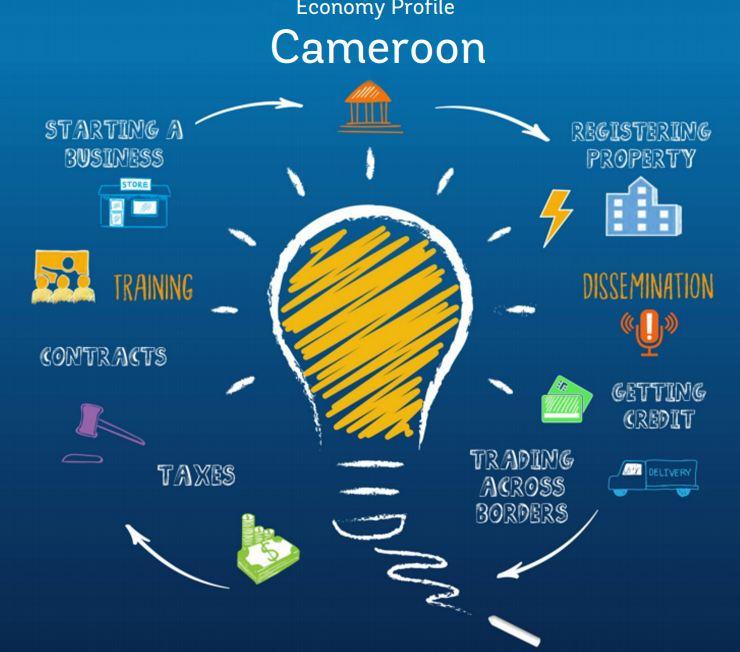Economy of Cameroon

Cameroon is considered to be a developing nation. The developmental stage of a nation is determined by a number of factors including, but not limited to, economic prosperity, life expectancy, income equality, and quality of life. As a developing nation, Cameroon may not be able to offer consistent social services to its citizens. These social services may include things like public education, reliable healthcare, and law enforcement. Citizens of developing nations may have lower life expectancies than citizens of developed nations. Each year, Cameroon exports around $6 billion and imports roughly $6.8 billion. 4.3% of population in the country are unemployed. The total number of unemployed people in Cameroon is 1,061,164. In Cameroon, 30% of the population lives below the poverty line. The percentage of citizens living below the poverty line in Cameroon is fairly high, but is not reason for complete concern with regard to investments. Potential financial backers should look at other economic markers, including GDP, urbanization rate, and strength of currency, before making any decisions regarding investments. Government expenditure on education is 3.7% of GDP. The Gini Index of the country is 44.6. Cameroon is experiencing poor equality. The gap between the richest and poorest citizens in this country is quite noticeable. Cameroon has a Human Development Index (HDI) of 0.504. Cameroon has an upper medium HDI score. This indicates that the majority of citizens will be able to attain a desirable life, though some citizens will not be able to achieve high living standards. The Global Peace Index (GPI) for Cameroon is 2.349. The strength of legal rights index for Cameroon is 6. Overall, it is considered to be rather adequate - bancrupcy and collateral laws are able to protect the rights of borrowers and lenders at least decently; credit information is msotly sufficient and generally available.
Currency
The currency of Cameroon is Central African CFA Franc. The plural form of the word Central African CFA Franc is CFA francs. The symbol used for this currency is Fr, and it is abbreviated as XAF. The Central African CFA Franc is divided into Centime; there are 100 in one CFA Franc.
Credit rating
The depth of credit information index for Cameroon is 1, which means that information, if any, is scarce, of insufficient details and almost inaccessible. According to the S&P credit-rating agency, Cameroon has a credit rating score of B, and the prospects of this rating are stable. According to the Fitch credit-rating agency, Cameroon has a credit rating score of B, and the prospects of this rating are stable.
Central bank
The prime lending rate of Cameroon's commercial banks is 13.8. In Cameroon, the institution that manages the state's currency, money supply, and interest rates is called Bank of Central African States. Locally, the central bank of Cameroon is called Banque des États de l'Afrique Centrale, BEAC. The average deposit interest rate offered by local banks in Cameroon is 2.6%.
- Industry
- Art
- Causes
- Crafts
- Dance
- Drinks
- Film
- Fitness
- Food
- Games
- Gardening
- Health
- Home
- Literature
- Music
- Networking
- Other
- Party
- Religion
- Shopping
- Sports
- Theater
- Wellness
- News


